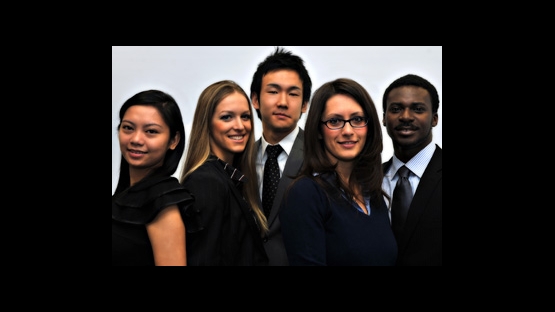To commemorate the 100th anniversary of International Women´s Day, the IAEA´s Division of Public Information spoke with Catherine Monzel, the Agency´s Head of the Recruitment and Staff Development Section and the Focal Point for Gender Concerns, about the challenges the IAEA faces in finding well-qualified women for its professional posts and its work to interest young women in pursuing careers in science:
What difficulties does the IAEA face in recruiting qualified professional women, particularly as scientists?
"We have a diminishing pool of people with scientific and technical knowledge particularly in the nuclear industry - men and women. But of course the situation for women is considerably more dire than for men."
Learn more about this...
"We receive probably around 20 000 to 25 000 applications per year for professional positions. Of those 25 000 applications about 23% come from women. Our problem is getting out there and finding the qualified women and getting them to apply."
Learn about the IAEA´s recent experience...
What about getting young women interested in sciences in the first place. What are the hurdles there?
"Careers in science - and we hear this from young women, when we go out on the road - is not necessarily seen as a very desirable career path. I was at a German career fair for young, PHD women, in the sciences. None of them had studied nuclear, but they had studied engineering and physics and the like. And the stereotype still exists. These young women were clearly saying that science is not seen as a desirable or a cool profession for a woman."
Learn more about the IAEA´s specific programmes to encourage women to take up a career in the sciences including:
Daughter´s Day...
Junior Professional Officers (JPOs)...
Internships and Fellowships...
These IAEA programmes help expose young women to the sciences and are designed to show them that such a career can be attractive and rewarding. The IAEA welcomes applications from women for these programmes as well as for all its positions, particularly in professional and scientific posts.


